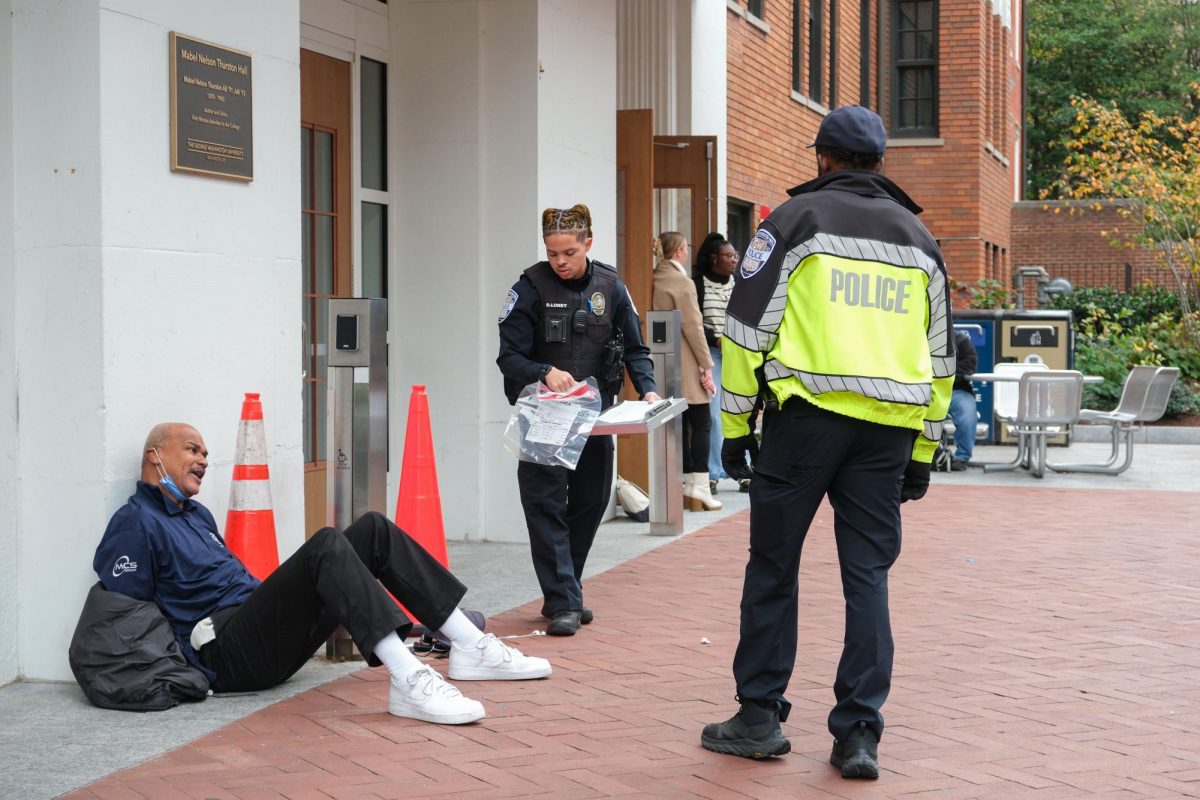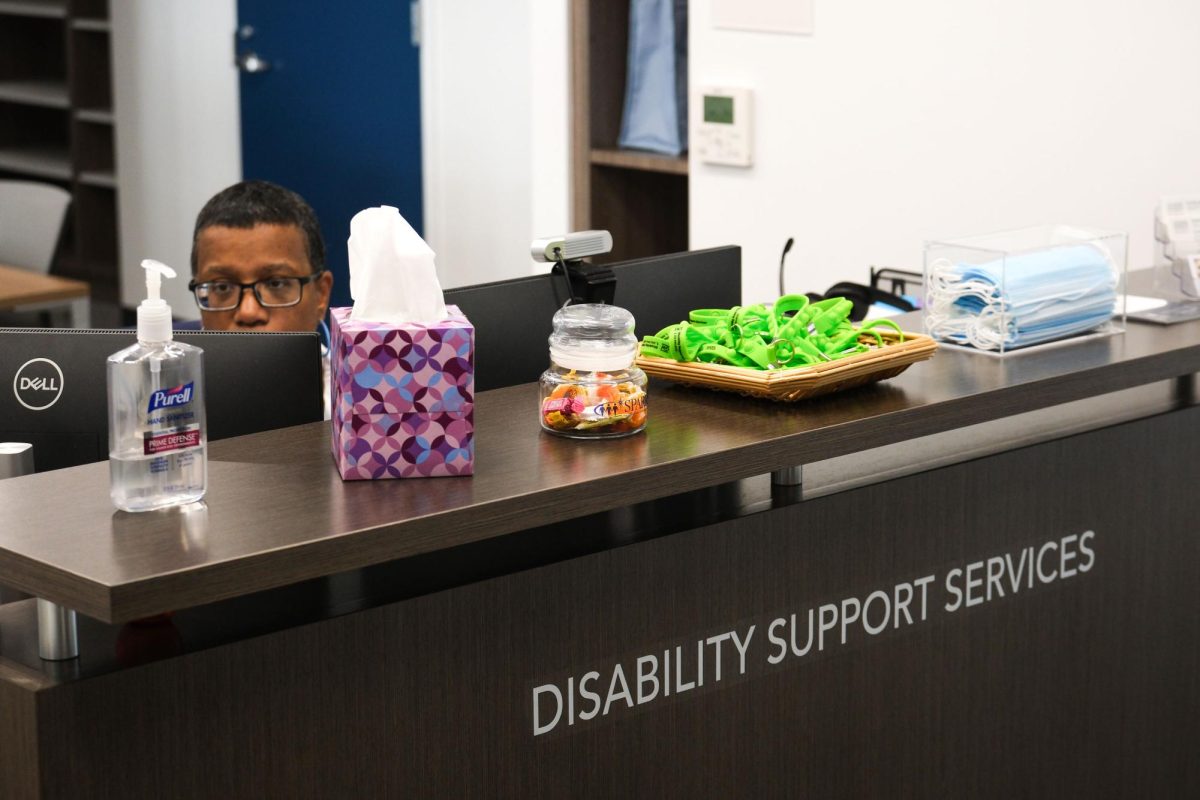A group of Student Association senators will seek approval Monday to launch the University’s first-ever independent study of hazing.
The legislation, penned by Sen. Nick Gumas, CCAS-U, calls on the University to authorize researchers from the National Collaborative for Hazing Research and Prevention to gauge the scope of hazing on campus.
Researchers would poll about a quarter of the undergraduate student population in an online survey to capture the campus climate on hazing, which GW’s student code defines as “any action taken or situation created, intentionally, with or without consent, whether on or off campus, to produce mental or physical discomfort, embarrassment, harassment, or ridicule.”
It will be the SA Senate’s first bill this fall, and would likely cost between $1,000 and $2,000, which the SA would split with the Center for Student Engagement. Students and officials would work with the pair of researchers to tailor survey questions to GW, which the Office of General Counsel would have to approve, he said.
Gumas said the bill comes after he and other student leaders met to plan the University’s first hazing prevention week this fall and realized they couldn’t put their hands on any comprehensive data about hazing on campus.
A handful of hazing incidents are reported to the University each semester, split almost equally between Greek life and the rest of student organizations.
Mary Madden, co-director of the National Collaborative, said the surveys try to establish “a general sense of what’s happening campus-wide,” rather than trying to pinpoint the sources of hazing.
“What we do know from our national study is that if hazing is happening on campus, generally lots of people know about it and that it’s more about the culture and changing the culture on campus – not going after any specific organization,” Madden, a researcher at the University of Maine, said.
Back in 2008, Madden helped lead the nation’s first comprehensive study of hazing, based on more than 300 interviews and 12,000 surveys at more than 50 colleges.
The study revealed that hazing is rampant on college campuses: about half of all students reported being hazed, according to the data. It also revealed that 95 percent of students who said they were hazed did not report it to university officials.
Associate Dean of Students Tim Miller said he and the University would be better equipped to root out hazing if more information was available.
“I want a better understanding of what the hazing culture is on this campus,” Miller said. “And if I can understand that, then hopefully we can figure out what do people do to address those challenges.”
He said the Center for Student Engagement considered a study last year that included not only surveys but also campus visits. Ultimately, he said the nearly $7,000 price tag kept him from moving forward.
Now, Miller said his office is willing to commit about $500 to the project. If costs run over $1,000, he suggested that the SA could seek co-sponsorships from other student organizations.
The hazing study could also counter the national – and GW – stereotype that hazing is only an issue in the Greek community.
As Greek life has grown to include about a third of the undergraduate student population, fraternities and sororities are working to shed a culture of hazing that has tainted the community over the last decade.
Greek leaders said they have fought back against hazing, particularly over the last two years after three chapters were charged with hazing, underage drinking and providing alcohol to minors in 2011.
About half of all alleged hazing incidents at GW happened outside of the Greek community; the national data showed that hazing is prevalent in Greek life, but also in athletic groups and academic clubs.
“Just because you’re not in a fraternity or sorority doesn’t mean that you’re not going to be hazed,” Gumas said.
Panhellenic Association President Rachael Abram and Interfraternity Council President Casey Wood have both acknowledged that hazing exists on campus, but said it’s less common than years past.
Other student leaders either denied hazing’s existence or said they did not know whether hazing remains an issue on campus. SA President Julia Susuni, who is also in Greek life, said she did not “personally know” whether students are still hazed at GW.
“I think hazing has definitely existed on our campus in the past,” Susuni said. “To the extent that it exists on campus now, I really don’t know.”







